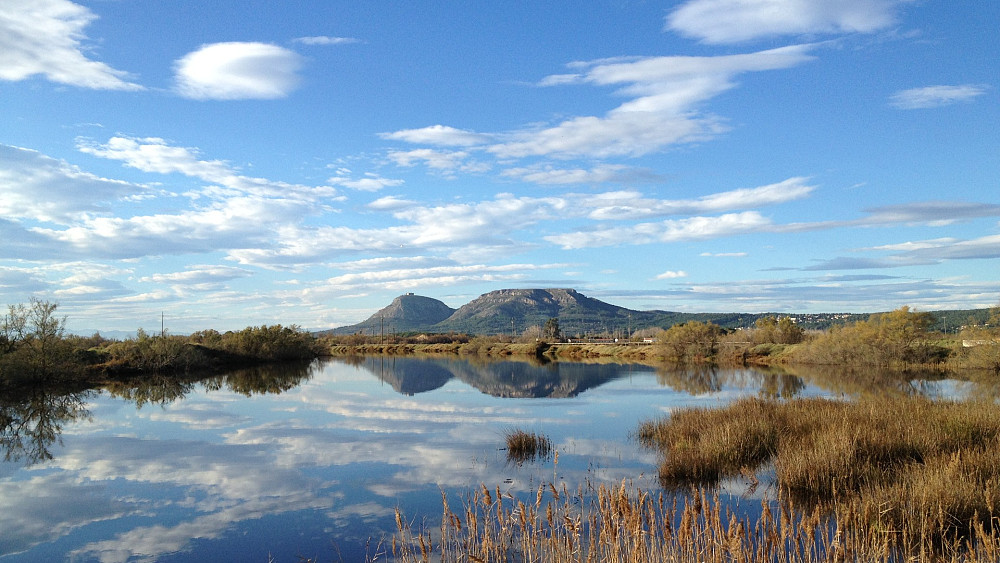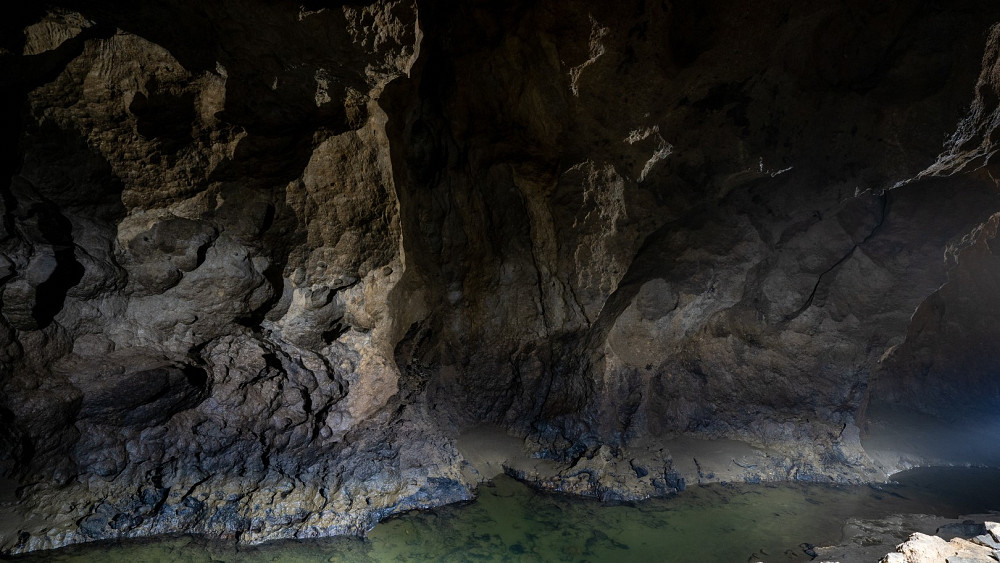Groundwater Resources
Main impacts
- To protect Europe’s groundwater resources from increasing pressures caused by climate change and competing subsurface uses, including for mineral and energy resources
- To improve policy-relevant FAIR compliant data on strategically important groundwater resources for drought management
- To improve methods for monitoring, visualising and mapping groundwater quantity and quality patterns, and capacity for temporary storage


